In a rare and historic exception to the white supremacist only voice on Mississippi radio and TV, NAACP field secretary Medgar Evers made a 17-minute speech on WLBT on May 20, 1963.
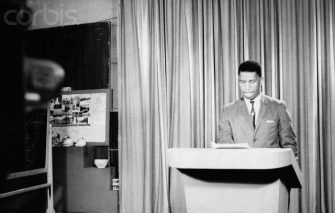
Medgar Evers on May 20, 1963. (c) Corbis BE025522
Evers began by telling his audience that he was a veteran of the U.S. Army and that he had fought fascism and Nazism in Europe during World War II. He talked about returning to a 40% Black city of 150,000 residents (Jackson) that had no Black police officers, firefighters, or clerks — nor voting rights. Evers said:
Tonight the Negro plantation worker in the Delta knows from his radio and television what happened today all over the world. He knows what Black people are doing and he knows what white people are doing. He can see on the 6:00 o’clock news screen the picture of a 3:00 o’clock bite by a police dog. He knows about the new free nations in Africa and knows that a Congo native can be a locomotive engineer, but in Jackson he cannot even drive a garbage truck.
He sees a city over 150,000, of which 40% is Negro, in which there is not a single Negro policeman or policewoman, school crossing guard, fireman, clerk, stenographer, or supervisor employed in any city department or the Mayor’s office in other than menial capacities . . .
What then does the Negro want?
He wants to get rid of racial segregation in Mississippi life . . . The Negro citizen wants to register and vote without special handicaps imposed on him alone . . . The Negro Mississippian wants more jobs above the menial level in stores where he spends his money.
He believes that new industries that have come to Mississippi should employ him above the laboring category. He wants the public schools and colleges desegregated so that his children can receive the best education that Mississippi has to offer.
The Negro has been here in America since 1619, a total of 344 years. He is not going anywhere else; this country is his home. . . Let me appeal to the consciences of many silent, responsible citizens of the white community who know that a victory for democracy in Jackson will be a victory for democracy everywhere.
Transcripts of viewer calls to WLBT after Evers spoke, preserved at the Mississippi Department of Archives and History, vividly depict the anger and hate exhibited by white viewers [warning: these transcripts are full of hate speech].
Less than a month later, on June 12, 1963, Evers was murdered. Find resources below to learn more and to teach about this era and the role of the press.

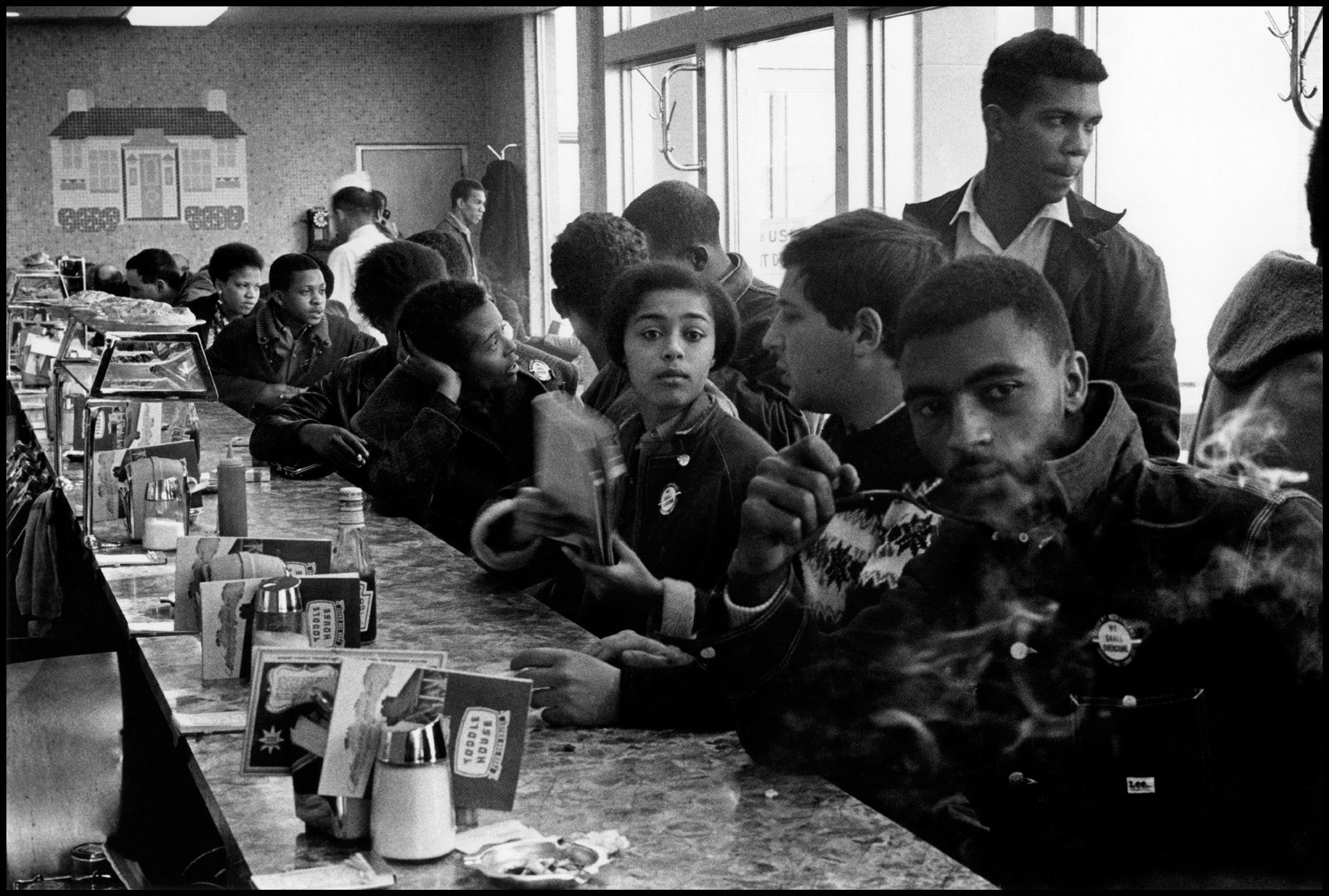
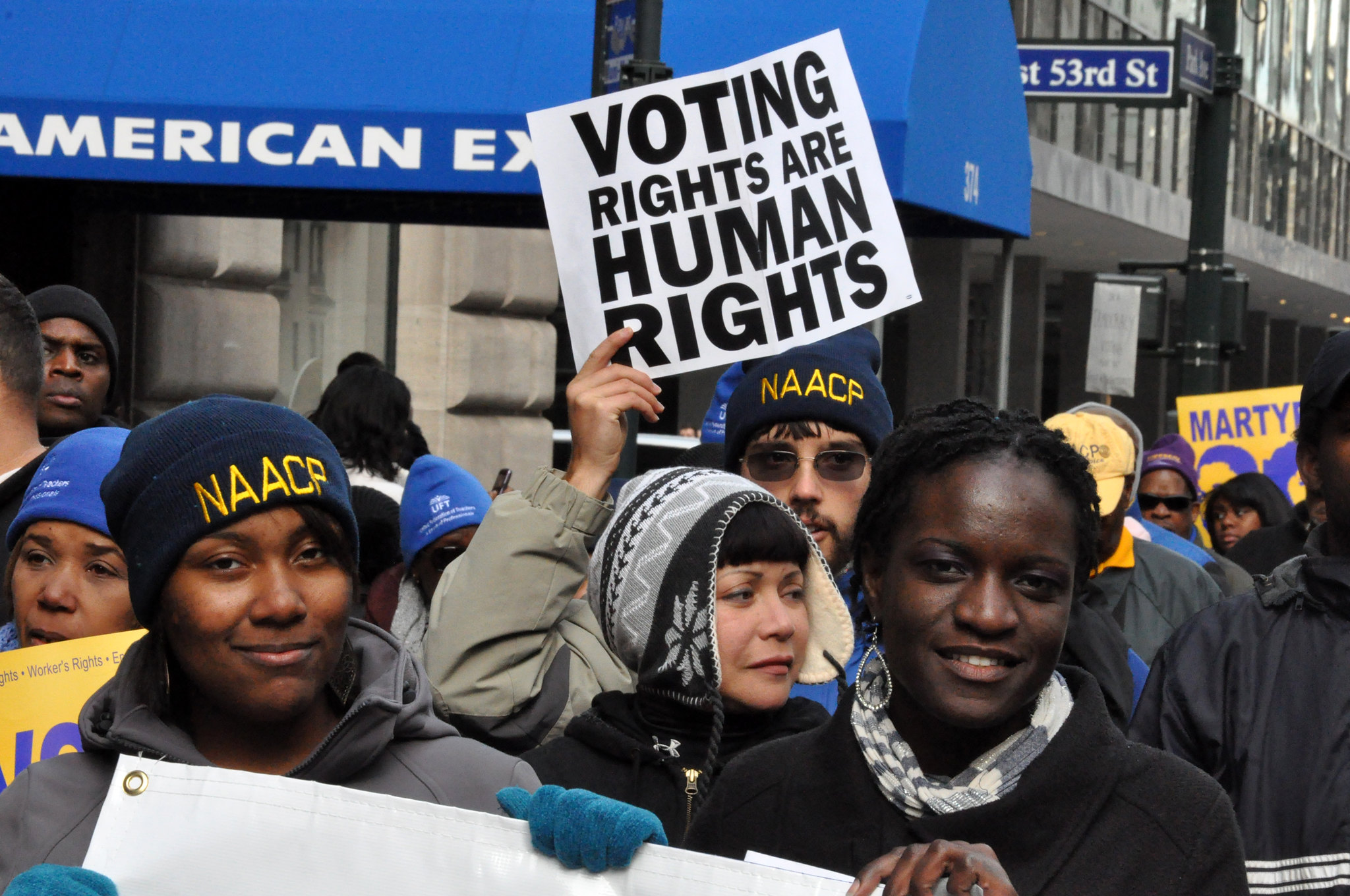
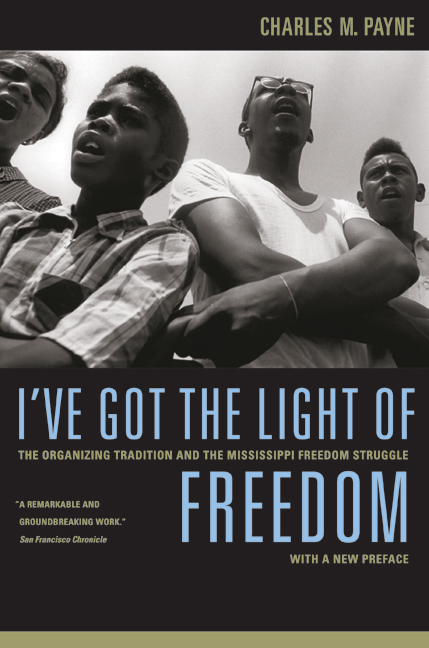




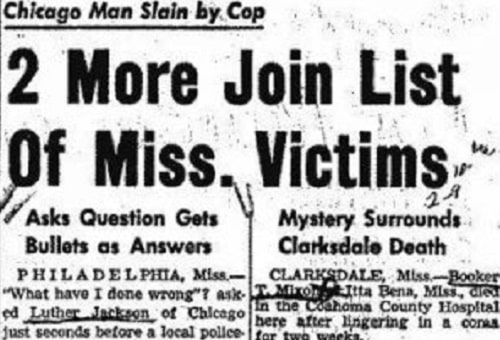
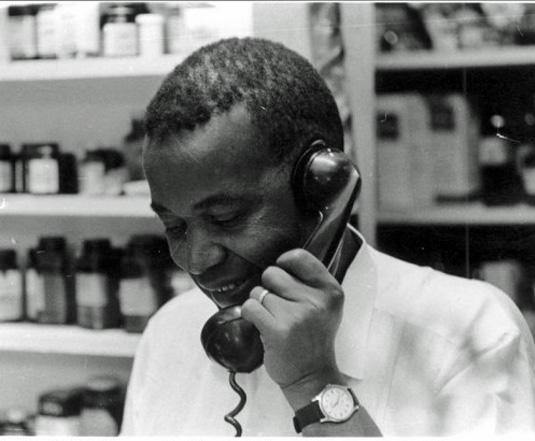
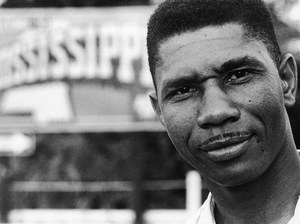
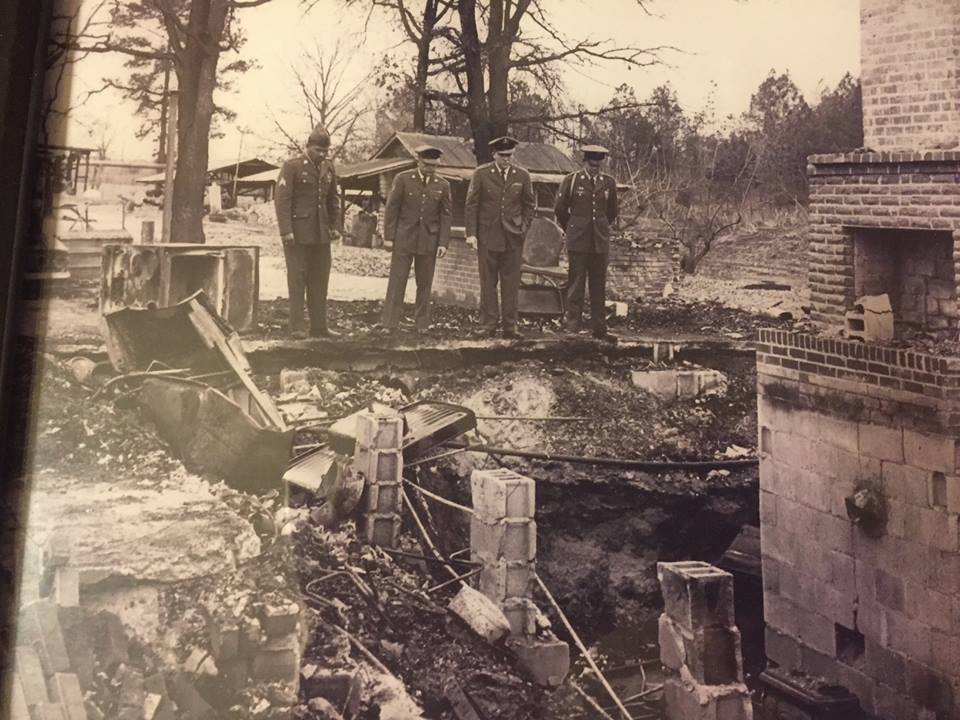





Twitter
Google plus
LinkedIn